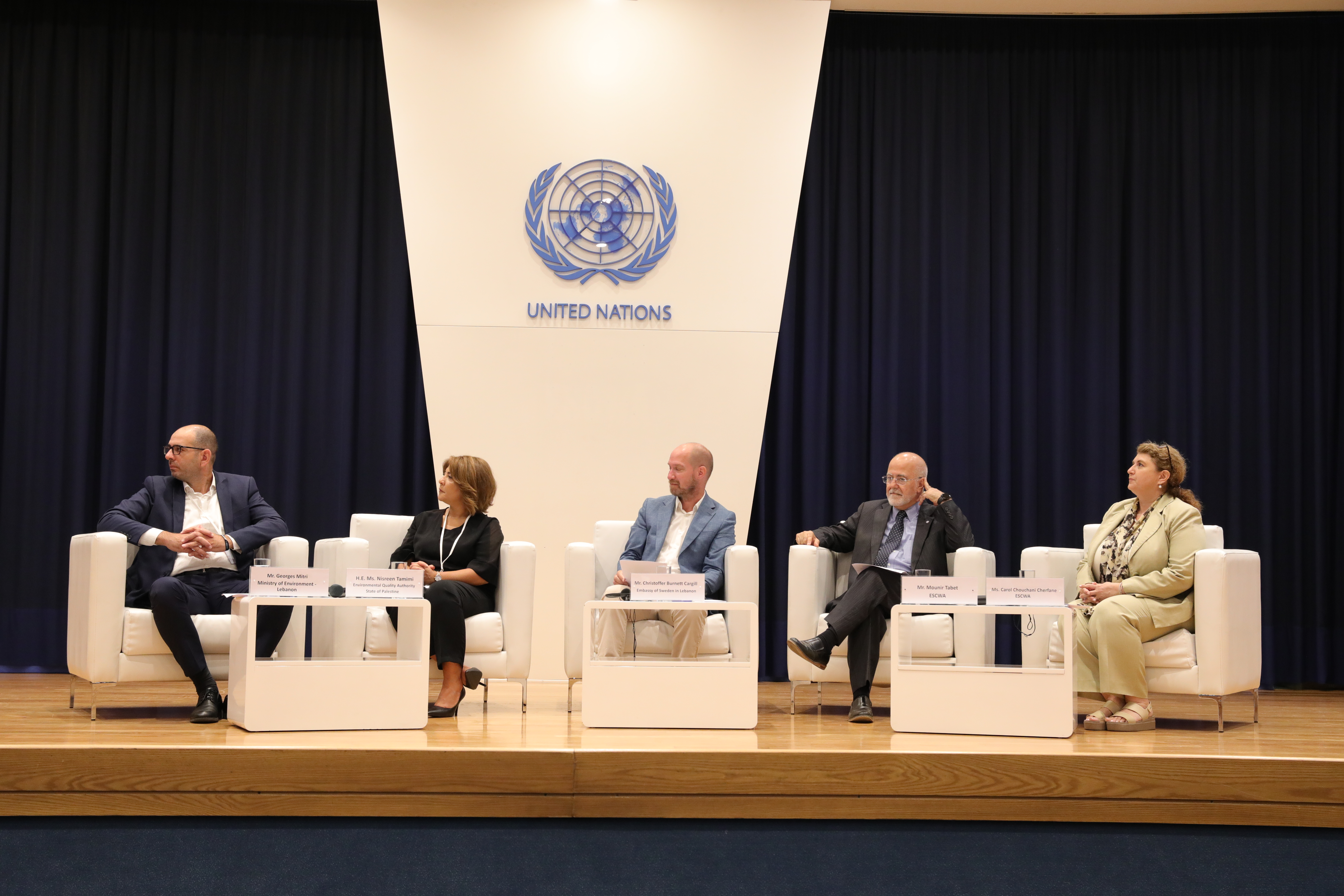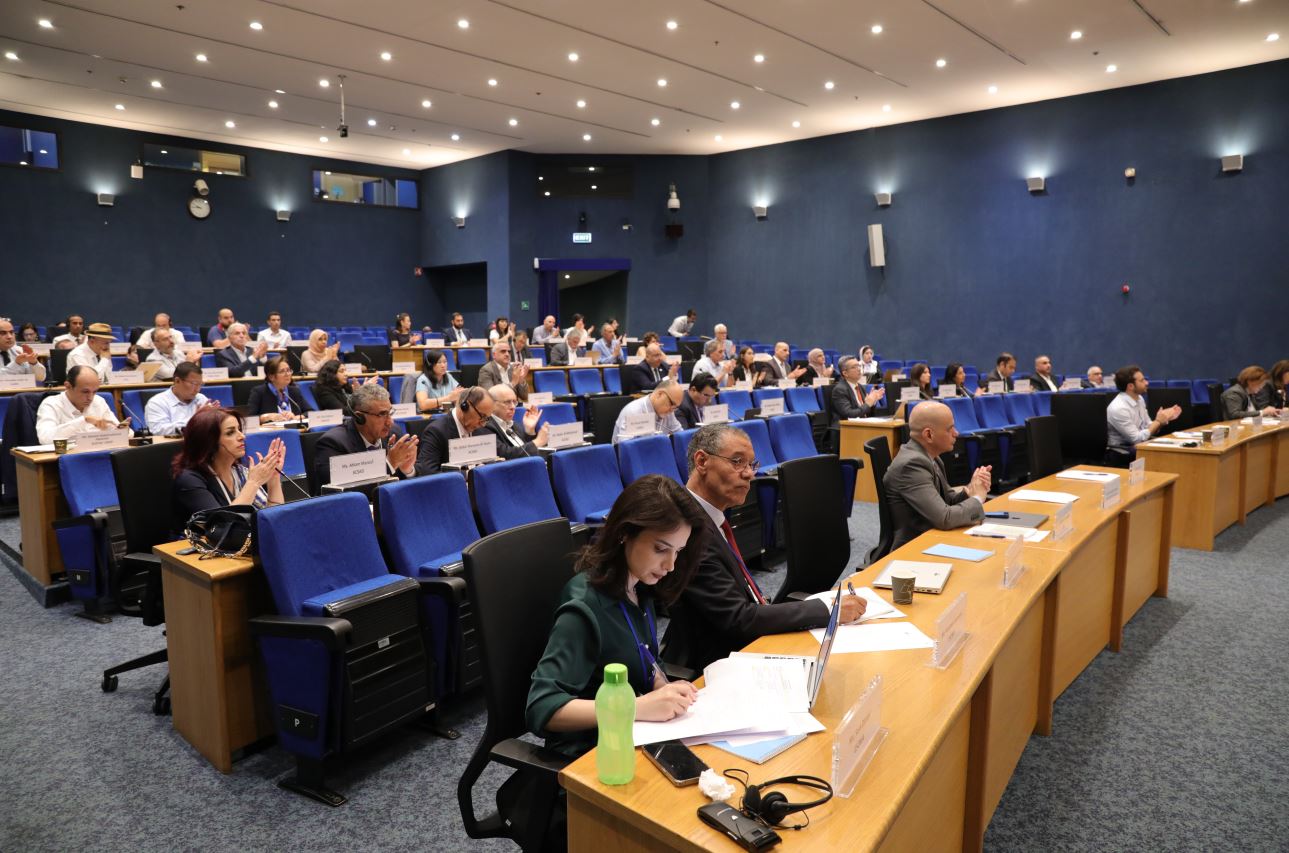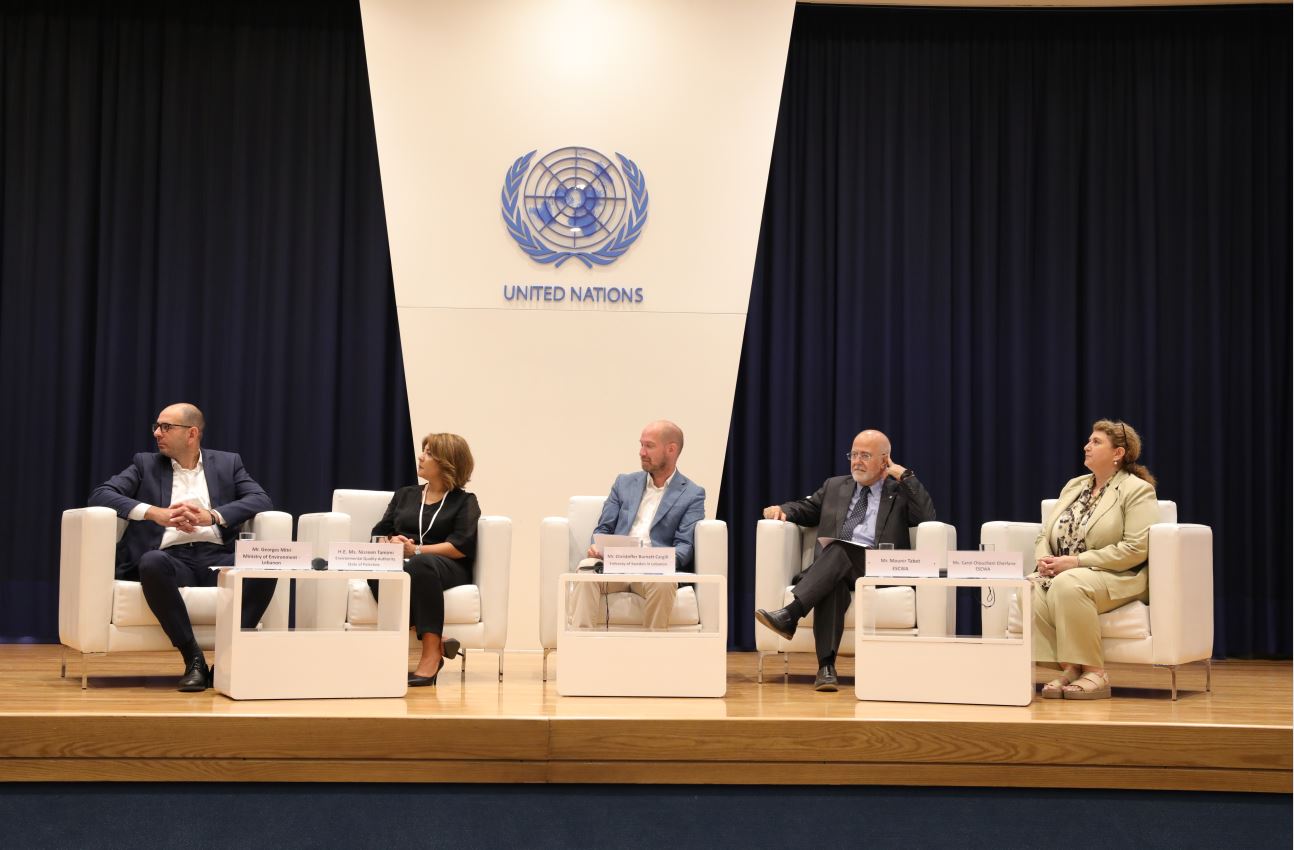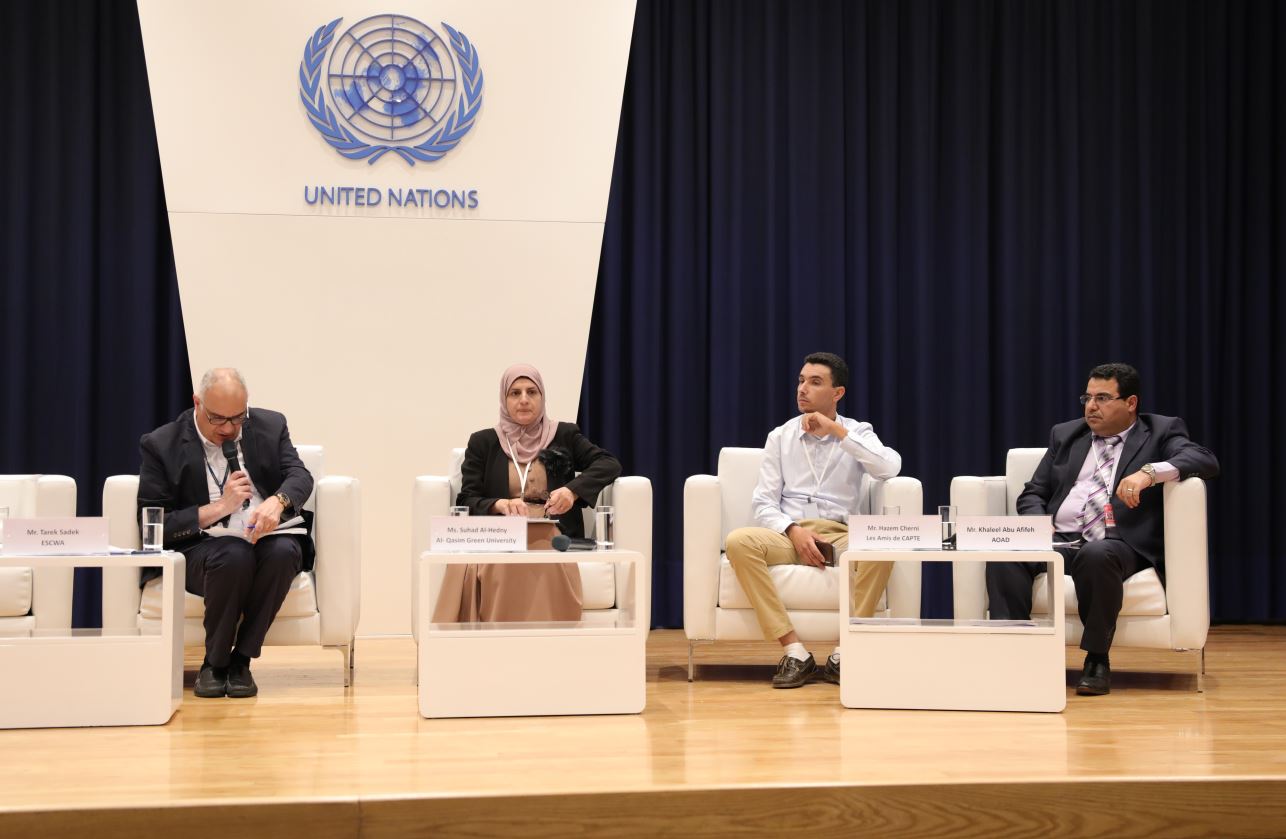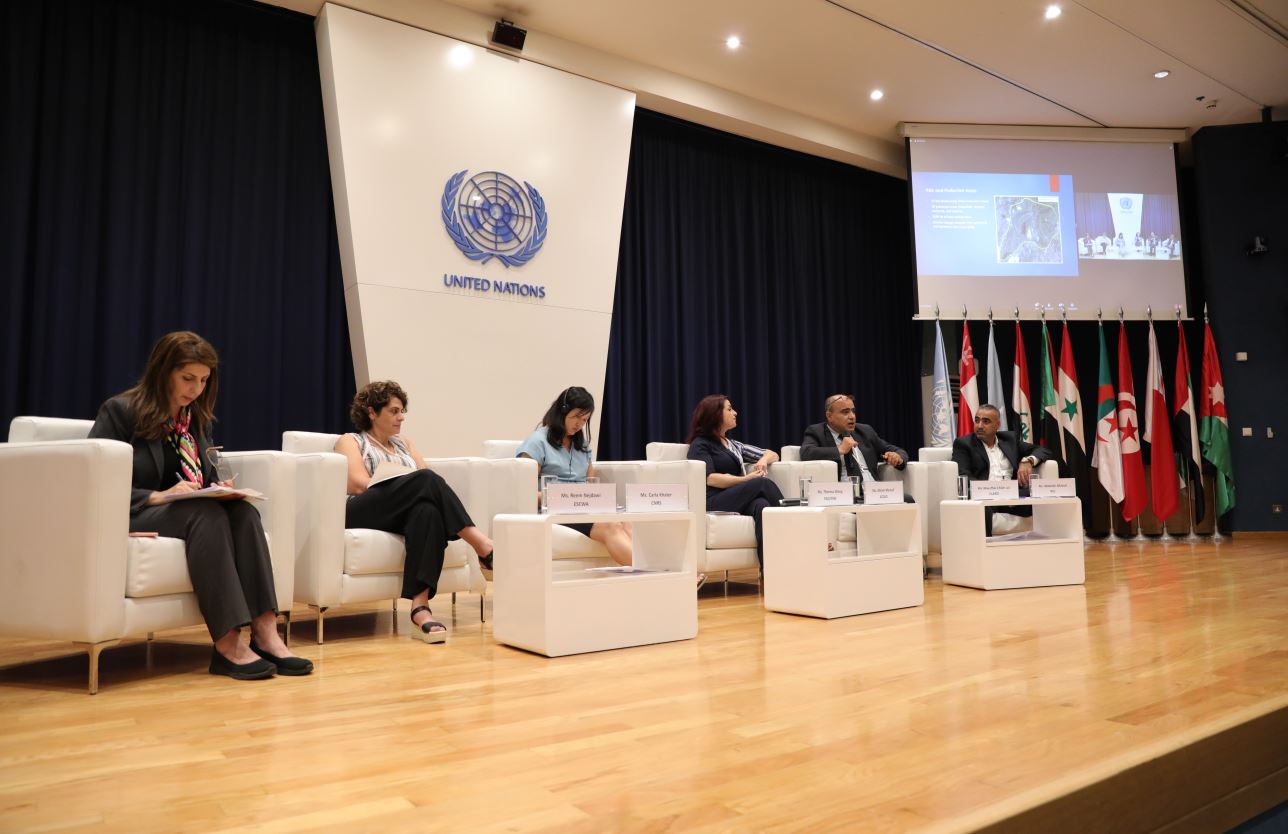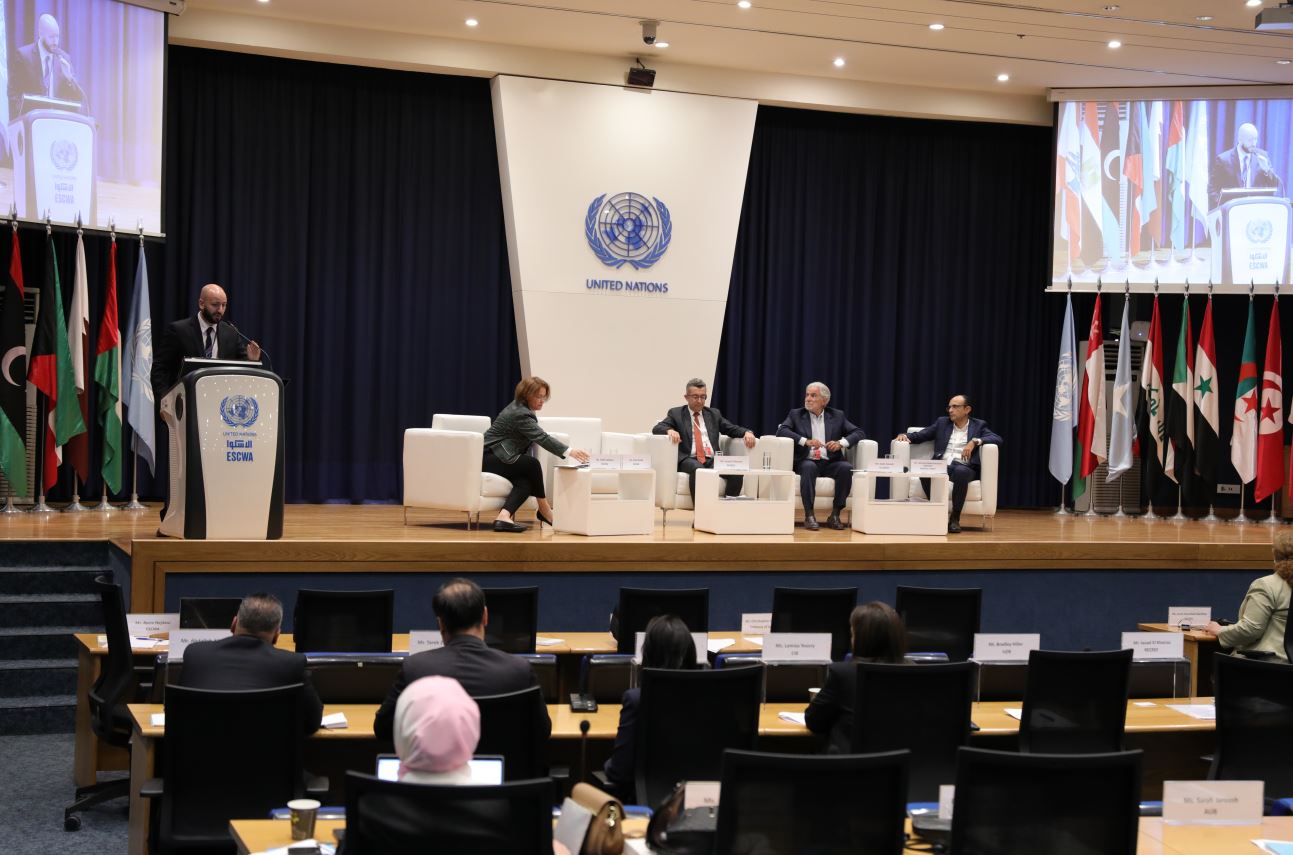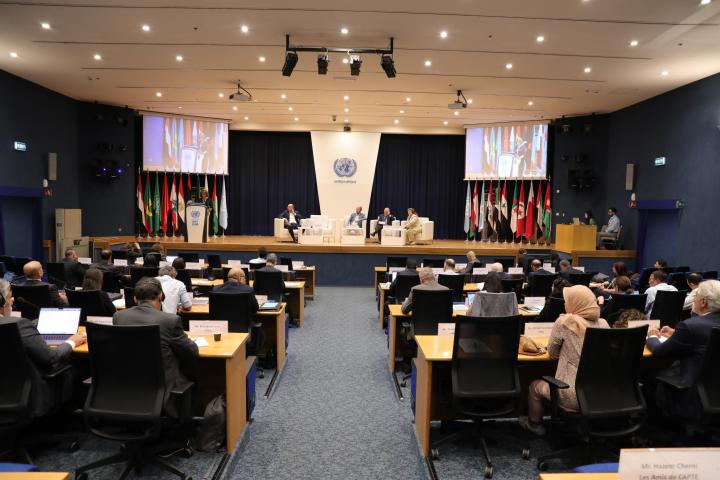ESCWA is organizing an inception meeting to launch a multi-stakeholder platform for protecting biodiversity under the project “Climate Resilience through Regional Cooperation for Inclusive Sustainable Development”, supported by the Government of Sweden.
The multi-stakeholder platform is aimed at engaging action to address priority challenges to biodiversity in the Arab region while also identifying the opportunities that biodiversity can bring to enhance climate resilience. Participants exchange knowledge and expertise along three themes:
- Nature-based solutions for climate resilience
- Land degradation in arid agricultural ecosystems
- Renewable energy and biodiversity.
